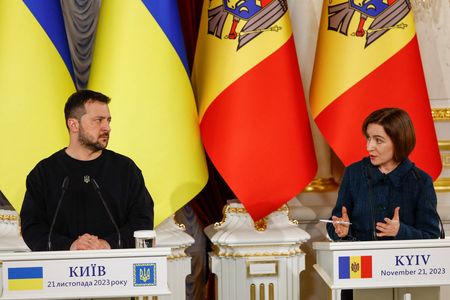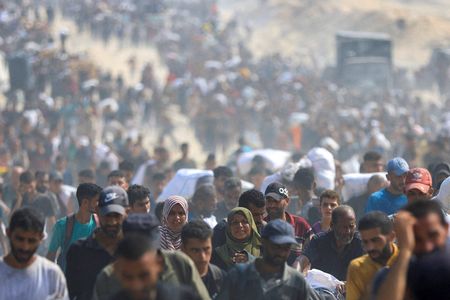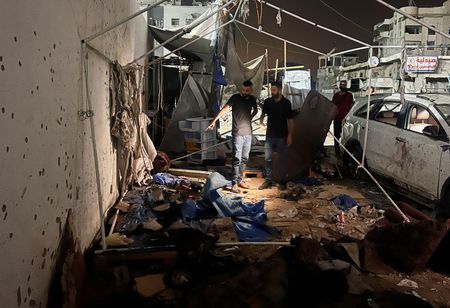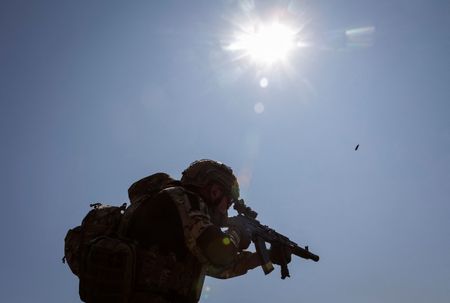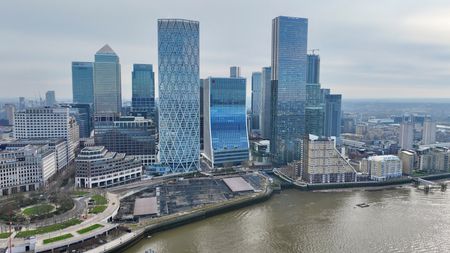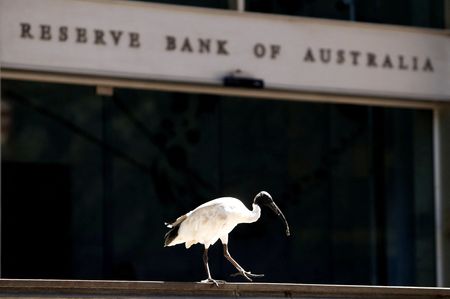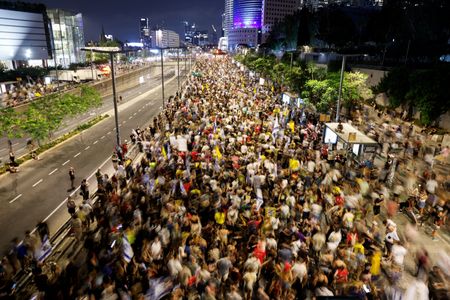(Reuters) -Ukrainian President Volodymyr Zelenskiy and Moldovan President Maia Sandu on Wednesday discussed using Ukrainian coal to ease the energy crisis which has subjected Moldova’s separatist Transdniestria region to blackouts and a heating shortage.
Pro-Russian Transdniestria, which broke away from Moldova in the final days of Soviet rule, has long relied on supplies of Russian gas. But flows to the region through Ukraine were halted on Jan. 1 after Ukraine refused to renew an agreement on allowing gas to transit through its territory.
“We are ready to assist Moldova, including with coal supplies,” Zelenskiy said in his nightly video address after discussing the crisis with Sandu by telephone.
He said the crisis stemmed from “Russia’s attempt to manipulate energy resources” to the detriment of Moldova’s pro-European government. He added that it was “crucial to maintain stability and provide all people in Moldova with the conditions to live peacefully”.
Sandu, in a statement issued on the presidential website, said the two leaders “agreed to identify common solutions to prevent the worsening of the humanitarian crisis … including through the use of alternative energy sources, such as coal”.
Ukrainian coal could be used to keep operating a thermal plant which provides electricity for the separatist region and also accounts for most of the power needs in government-controlled areas of Moldova.
Officials have already made the adjustment to enable the plant to operate on coal.
Finnish Foreign Minister Elina Valtonen was due to hold talks on Thursday in both government-controlled Moldova and Transdniestria. Finland currently chairs the 57-nation Organisation for Security and Cooperation in Europe, which has long spearheaded efforts to resolve the separatist conflict.
CANDIDATES TO JOIN EU
Ukraine and Moldova are engaged in negotiations to secure membership of the European Union, promoted by both leaders as the cornerstone of their foreign policies.
Sandu has denounced the Russian invasion of Ukraine and accused Moscow of trying to unseat her government.
Transdniestria has been dependent on financial support from Moscow while living side-by-side with Moldova for more than 30 years without enjoying any international recognition.
Its 450,000 residents are subjected to four-hour rolling blackouts twice daily. Its self-styled president, Vadim Krasnoselsky, accuses Moldova of failing to tackle the crisis and rejects statements by central authorities that they have offered help to ease the effects of the New Year gas cutoff.
Transdniestria’s official Telegram news channel said careful use of energy since the New Year meant enough gas reserves remained in the region for a further 24 days.
It also said factories forced to close down, apart from those with high energy consumption, would be allowed to operate after midnight when the strain on the power grid was lower.
The end of gas transit has also affected flows of Russian gas to other countries, like Slovakia and Austria.
Slovak Prime Minister Robert Fico said on Wednesday he had secured the country’s gas supply during talks with Russian President Vladimir Putin in Moscow last month.
Fico provided no further details and the government office did not immediately respond to a request for comment. Fico was due to discuss the end of Russian gas transit through Ukraine with the European Commission on Thursday in Brussels.
(Reporting by Ron Popeski and Tom Balmforth; Editing by Alistair Bell and David Gregorio)

